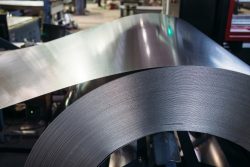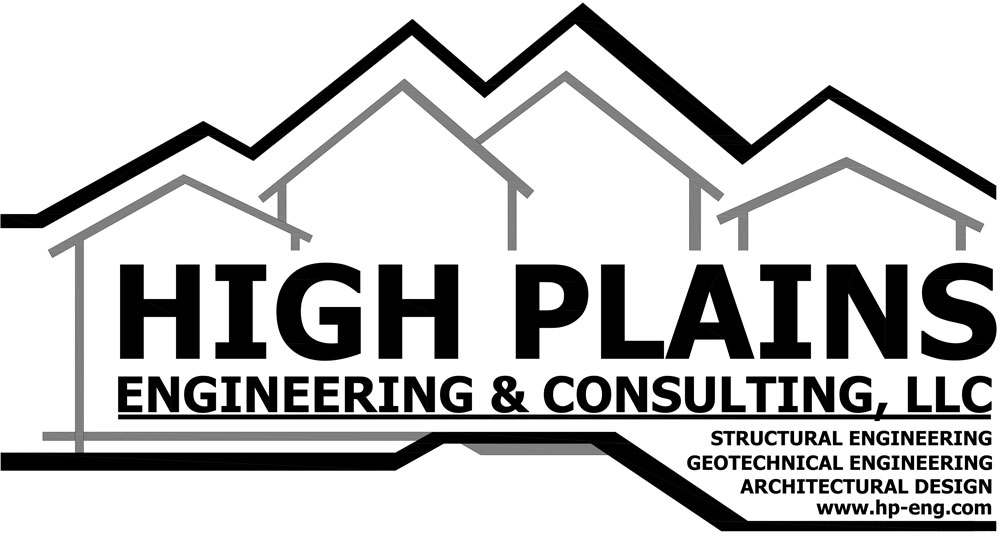Is Aluminum or Galvanized Steel Better for Corrosion?
 Corrosion, the gradual deterioration of materials caused by chemical reactions with the environment, is a significant concern in numerous industries and applications, ranging from construction and automotive to electronics and packaging. Two commonly used metals, aluminum and galvanized steel, are known for their corrosion-resistant properties, making them popular choices for various purposes. However, the question of which metal is superior in terms of corrosion resistance remains a subject of debate among experts. In this blog post, we will explore the properties of aluminum and galvanized steel and discuss the factors influencing their corrosion resistance.
Corrosion, the gradual deterioration of materials caused by chemical reactions with the environment, is a significant concern in numerous industries and applications, ranging from construction and automotive to electronics and packaging. Two commonly used metals, aluminum and galvanized steel, are known for their corrosion-resistant properties, making them popular choices for various purposes. However, the question of which metal is superior in terms of corrosion resistance remains a subject of debate among experts. In this blog post, we will explore the properties of aluminum and galvanized steel and discuss the factors influencing their corrosion resistance.
Understanding Aluminum’s Corrosion Resistance
Aluminum, a lightweight metal with excellent strength-to-weight ratio, demonstrates impressive corrosion resistance in certain environments. It forms a natural oxide layer on its surface, which acts as a protective barrier against corrosion. This oxide layer is self-repairing, allowing the metal to withstand exposure to moisture, air, and other corrosive elements. Moreover, aluminum has a higher natural resistance to acidic substances compared to galvanized steel, making it an ideal choice for applications involving exposure to acids or alkaline environments.
However, aluminum does have some limitations in terms of corrosion resistance. It is particularly susceptible to corrosion in alkaline environments with a high pH level. Additionally, aluminum can be subject to galvanic corrosion when it comes into contact with other reactive metals, such as copper or stainless steel. Therefore, it is crucial to consider the specific environment and potential interactions with other materials when choosing aluminum for corrosion-prone applications.
Advantages and Limitations of Galvanized Steel
Galvanized steel, on the other hand, is a type of steel that has been coated with a layer of zinc to protect it from corrosion. This zinc coating creates a barrier that prevents the underlying steel from direct contact with moisture and oxygen, effectively reducing the risk of corrosion. Galvanized steel is highly durable and has a longer lifespan compared to untreated steel or aluminum. It is particularly popular for outdoor applications, such as roofing, fencing, and automotive parts, where exposure to moisture and harsh weather conditions is common.
One of the major advantages of galvanized steel is its resistance to galvanic corrosion. Zinc sacrificially protects the steel by corroding instead, effectively preventing corrosion from reaching the steel’s surface. Furthermore, galvanized steel can withstand acidic and alkaline environments, making it a viable choice for applications where exposure to chemicals is expected.
While galvanized steel offers significant corrosion resistance, it does have its limitations. Over time, the zinc coating may wear off, exposing the underlying steel to corrosion. Depending on the specific environment and maintenance practices, this can lead to rusting and degradation of the steel. Therefore, regular inspections and maintenance are essential to maintain the corrosion resistance of galvanized steel.
Choosing the Right Metal for Corrosion Resistance
When deciding between aluminum and galvanized steel for corrosion resistance, several factors should be considered:
1. Environment: Analyze the potential exposure to moisture, air, chemicals, and other corrosive elements in the intended application.
2. Maintenance: Evaluate the feasibility of regular inspections and maintenance to ensure the longevity of the chosen metal.
3. Cost: Consider the upfront and long-term costs associated with each material, including installation, maintenance, and potential replacements.
4. Compatibility: Assess potential interactions with other materials and metals within the application, as galvanic corrosion can be a concern.
Summary
Ultimately, the choice between aluminum and galvanized steel depends on the specific requirements of the application. Both materials offer distinct advantages in terms of corrosion resistance and can be utilized effectively in various industries. By considering the factors mentioned above, one can make an informed decision and choose the most suitable metal for their corrosion-resistant needs.
Need Engineers and Designers in Hudson, CO?
Since 2006, High Plains Engineering & Consulting, LLC has been a civil and structural engineering company in Fort Lupton and the surrounding areas. We provide sensible solutions to geotechnical, structural, environmental, and civil engineering challenges. Our office provides practical expertise backed by diverse design resources to get the job done cost-effectively and efficiently with sustainability in mind. We offer various services for commercial, residential, and agricultural properties like soil testing, percolation testing, and foundation and septic design for new construction. Once that is taken care of we also offer services for floor framing, garage plans, house plans, site plans, and inspection services. Call us today for an appointment!
Categorised in: Corrosion

 HPEC is an active member of CAGE
HPEC is an active member of CAGE